
It takes a lot to get me angry. But last week, I became enraged at a comment left by a high school acquaintance on one of my Facebook posts, in response to a friend’s comment. I was so angry that I almost spit out my morning cardamom and mint tea.
In light of the national baby formula shortage, I had posted a series of illustrations published by Vox (not my favorite website, I’ll admit) titled, “The Many, Many Costs of Breastfeeding” and asked friends what they thought of it. One female friend read the piece and took issue with how it seemed to portray breastfeeding in a negative light, with one particular statement: “Some birthing people simply don’t want to breastfeed.” My friend respectfully commented that, as a woman and as a mother, she couldn’t help but feel marginalized and left out of the picture by such language. She took pride in being a woman and felt subverted by the Vox story and its messages.
In response, a high school acquaintance stated below her Facebook comment that my friend sure sounded a lot like the Buffalo shooter.
Yes, a Jewish mother with young children in the very Jewish Pico-Robertson neighborhood of Los Angeles — a woman who packs lunches for her three-year-old, loves sundresses and cooking, and who was uncomfortable being called a “birthing person” — was compared to a mass murderer who killed ten Black Americans at a Buffalo, NY supermarket on May 14.
I couldn’t believe it. Is this what an exchange of ideas in America has come to? How do you even continue a conversation when you’ve been compared to a mass murderer? You don’t. To his credit, my acquaintance apologized and removed his comment after I stated that it was uncalled for and inappropriate, but I believe my friend was so shocked that she deleted her original comment, which then deleted the entire thread. End of conversation. This happens often on social media.
My acquaintance was trying to draw a straight line between my friend’s arguments and those of actual racists, like the Buffalo shooter, who adhere to the “Great Replacement” theory — a belief that people of color are trying to replace white people. Apparently, he surmised, my friend was on her way to advocating that women like my friend, who feel subverted, are trying to replace … I’m not quite sure who. He never specified and I don’t want to speak for him.
From where did we (Americans) learn how to shut down conversations like this? I soon realized that if my generation — the one that attended middle school and high school in the mid-late 1990s and early 2000s, before the explosion of the internet and social media — largely doesn’t know how to even engage in heterodoxical conversations or debates, younger generations might be at a complete loss. Are we still teaching kids everything from math to geography, but denying them more exposure to civility and basic human decency?
It got me thinking about what children and adolescents are currently taught in school. I’m not referring to Ethnic Studies Programs (oh, California) or anything related to American history, sex or gender identity; those issues merit their own stories. Instead, I was motivated to create a list of actual classes that, in an ideal world (and an even more ideal school budget) would be offered to a new generation of youth. At the very least, they should be offered as topics that are taught at least for a few minutes in class. The following is my dream list of classes I wish had existed when I was in middle school and high school. It’s also a response to what I fear is quickly breaking down civility and discourse in America.
Class 1: How to Disagree with Someone
It’s as simple as that: “How to Disagree with Someone” in an age when we’re all hoarders in our own echo chambers. Can you disagree with a peer, teacher, parent or anyone else without completely invalidating them (or calling them a mass shooter)? Is there space for your opinions and theirs? Can you be exposed to differing viewpoints without completely shutting down and feeling attacked? Is there inherent value in having more than one opinion? Ironically, I fear the teacher for this specific course would be driven straight out of the classroom.
Is there space for your opinions and theirs? Can you be exposed to differing viewpoints without completely shutting down and feeling attacked?
Class 2: Know Your Dictators
Is the neighbor next door who opposes vaccine mandates for small children the new Hitler? Is the college professor who asks students to write a senior thesis using only facts (and omitting opinions) the new Hitler? Is anyone the new Hitler? Also, who was Hitler? And for that matter, who were Pol Pot, Mao Zedong, Joseph Stalin, Saddam Hussein, Ayatollah Khomeini, Idi Amin, Muammar Gaddafi or Benito Mussolini? A tenth grader recently asked me if Mussolini was a village in Italy. To his credit, when I was his age, I thought Mao Zedong was a tile game.
Class 3: How to Balance Thoughts and Emotions
If someone makes you feel bad, do your feelings supersede all else, including reality, truth, safety, moral obligations or a person’s entire social network and livelihood? Can you move forward from hurt feelings without ruining a person’s life for having hurt you? Do people deserve second chances because no one is perfect? How do you identify maladaptive thoughts? Do you have to believe everything you think? And do you have to act on everything you feel?
Class 4: How to Have a Healthy Relationship with Technology
Is voluntarily putting your phone away a form of self-protection and self-love? Do you have to believe everything someone, including a stranger on Instagram, says about you? Does everyone post photos of their most authentic selves on social media? Can you see a photo of your friends spending time together without you and respond with self-compassion and perspective (within the limits of development for teens, anyway)?
If I can be more resilient, whether in response to hostile criticism or to unexpected and stressful situations, then I have greater access to happy feelings.
Class 5: How to Be Resilient So You Can Be Happy
I always believed that if only I could access more happiness, I could be more resilient. I thought I needed to feel happy so that I could respond better to various stressors. It turns out that it’s the opposite: If I can be more resilient, whether in response to hostile criticism or to unexpected and stressful situations, then I have greater access to happy feelings. No, we don’t teach children in the classroom how to be money-wise, how to manage their time, or even how to be organized at home. But we especially neglect to teach them about how to access healthier feelings (and thoughts). Last week, The Wall Street Journal published an op-ed by Daniel Henninger titled, “The Next Pandemic: Mental Health,” in which he argued that we’re all paying the price for an America that is “overflowing with people suffering from a broad range of mental disturbance.” Today, I believe the most important class that can ever be offered to youth should be called “Monitoring and Protecting Your Mental Health.”
Finally, there’s one last class I’d love to peek into: “How to Use a Rotary Phone”—just for the fun of it.
Tabby Refael is a Los Angeles-based writer, speaker, and civic action activist. Follow her on Twitter @TabbyRefael









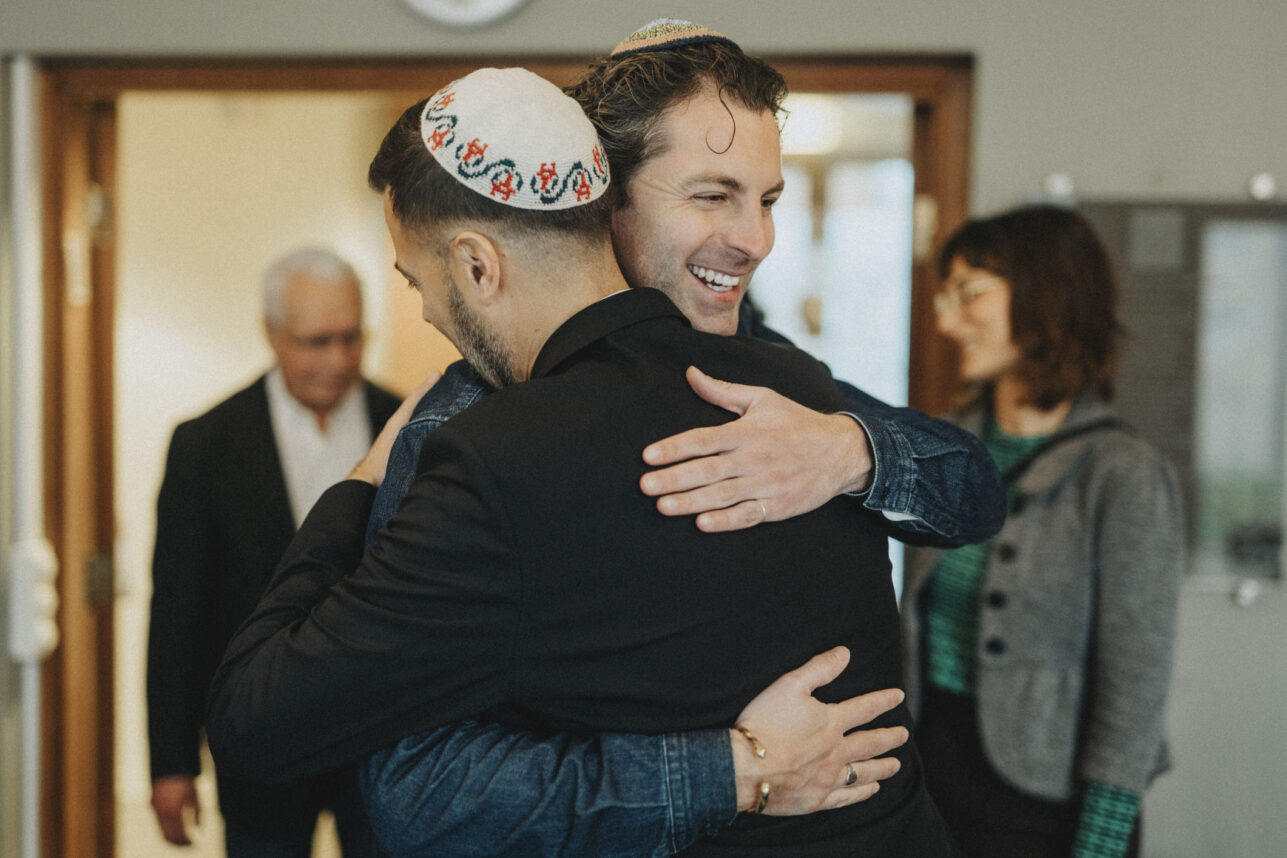
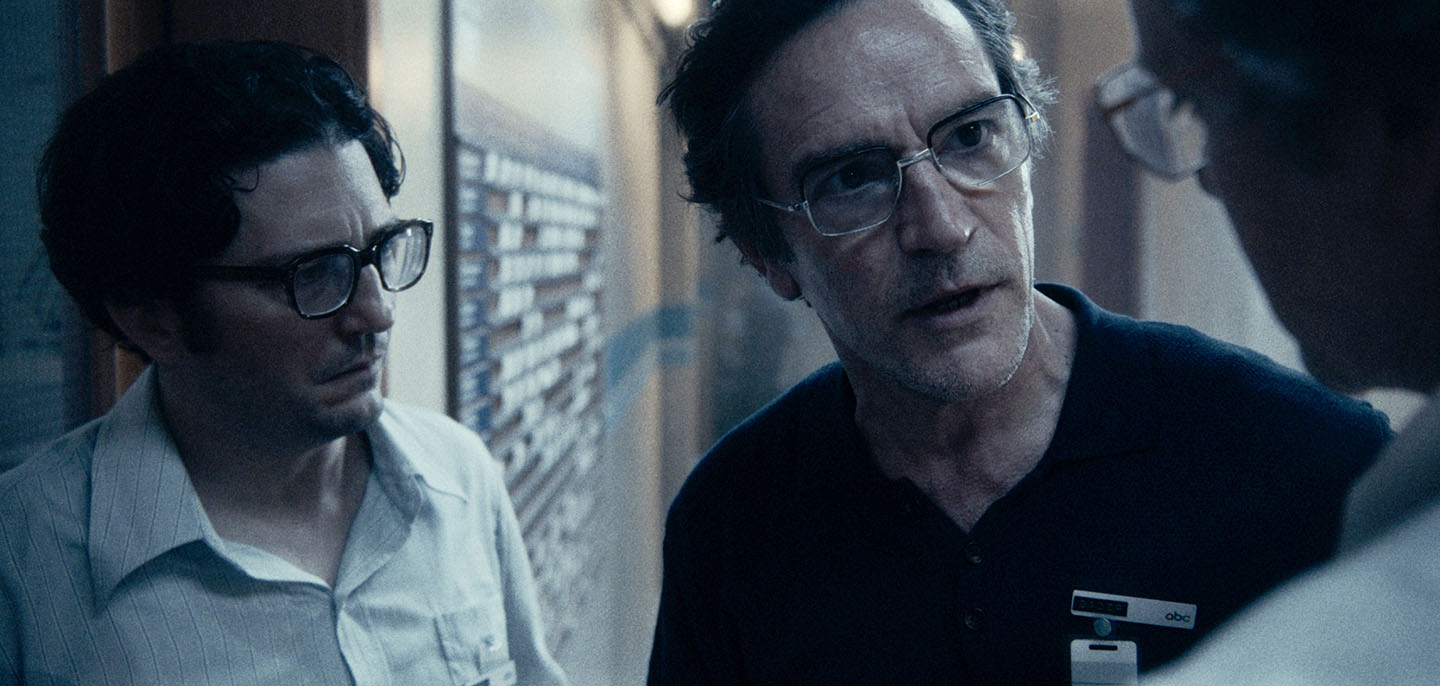


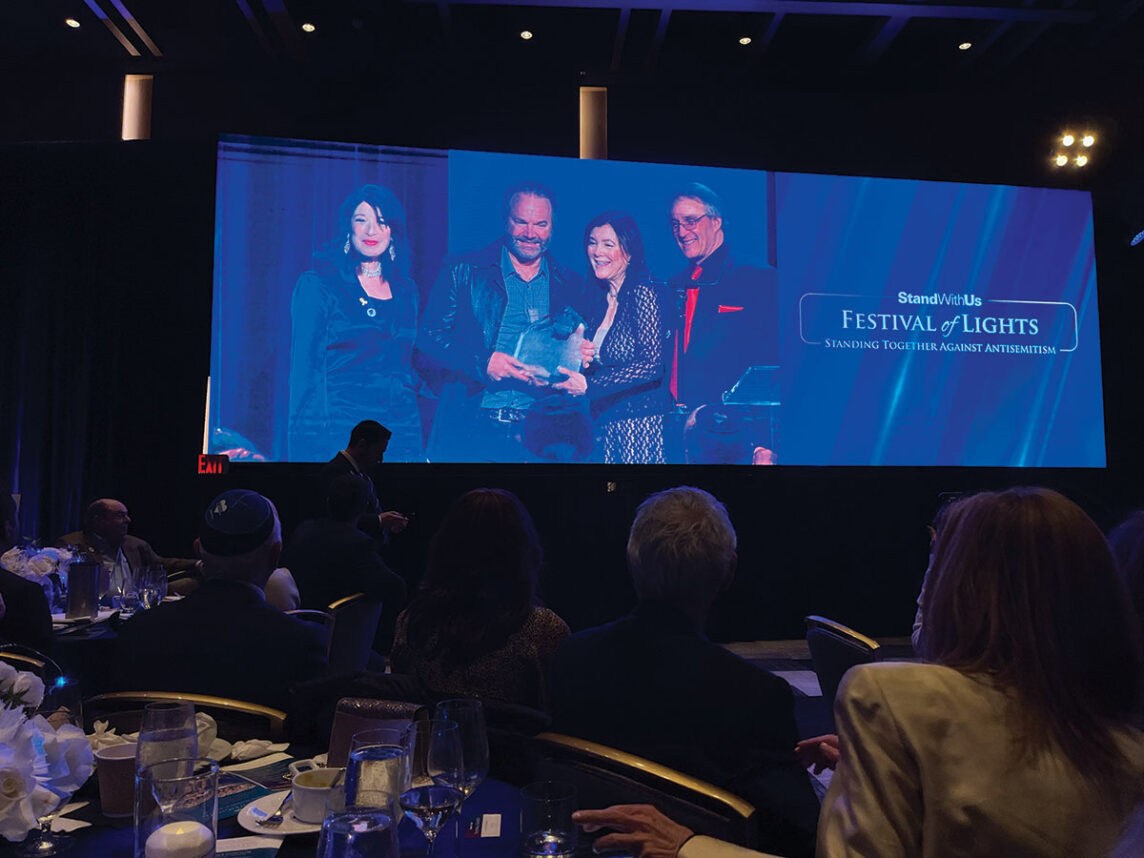
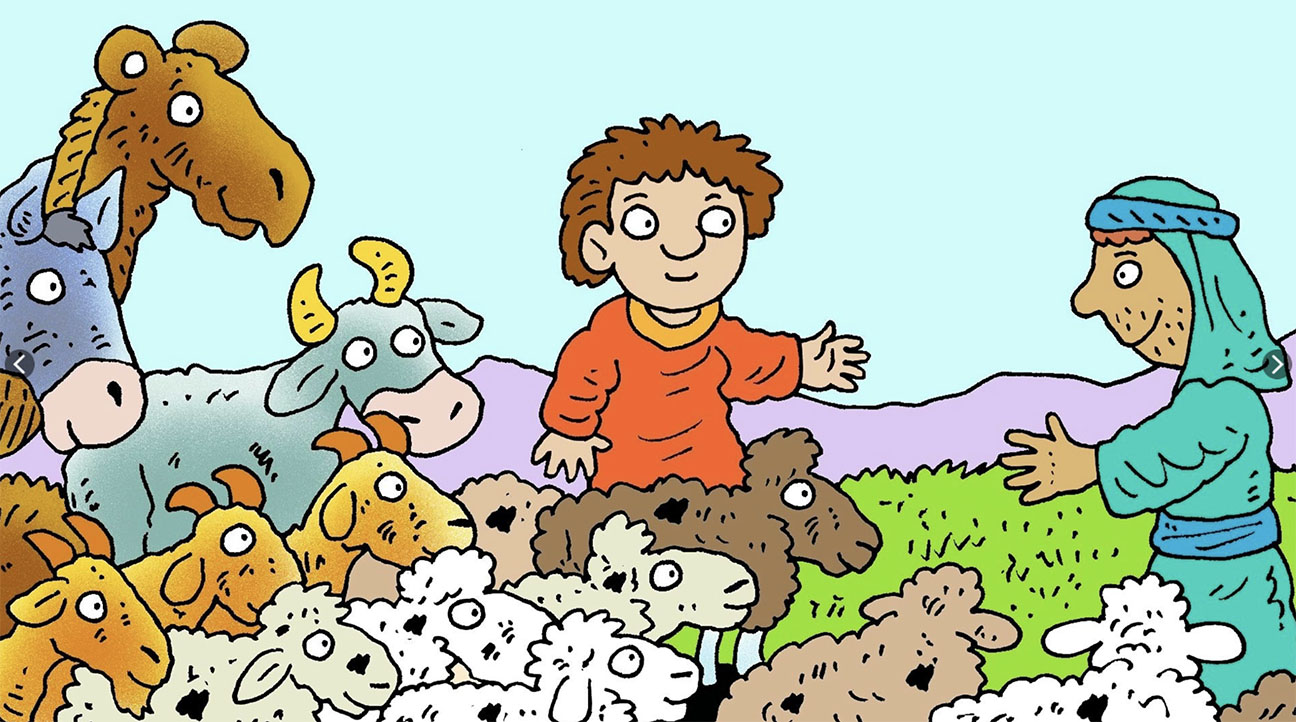
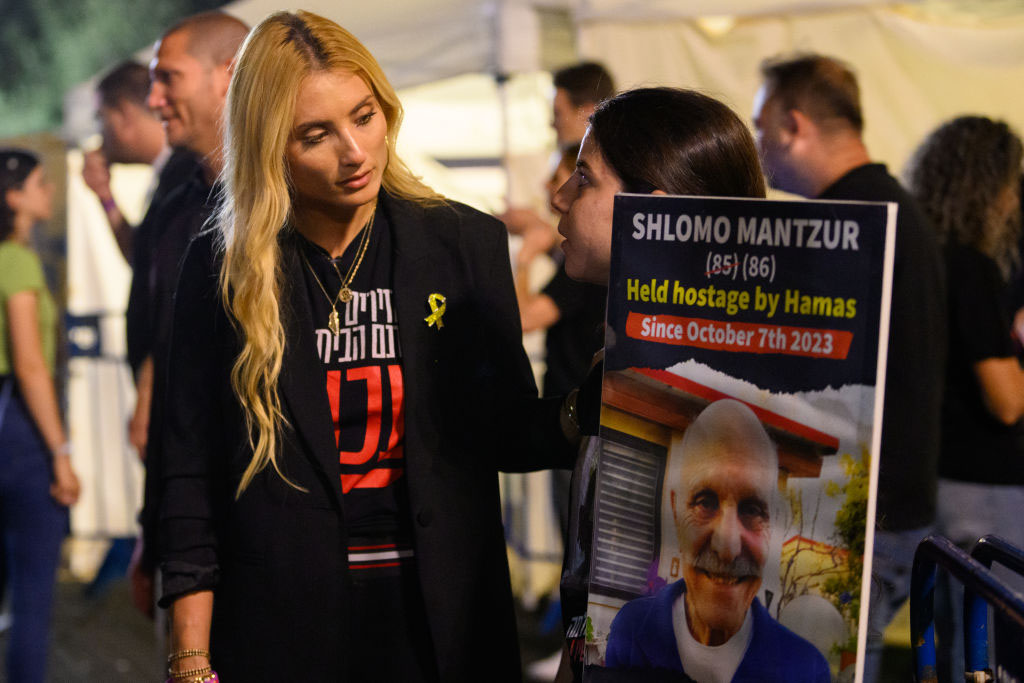
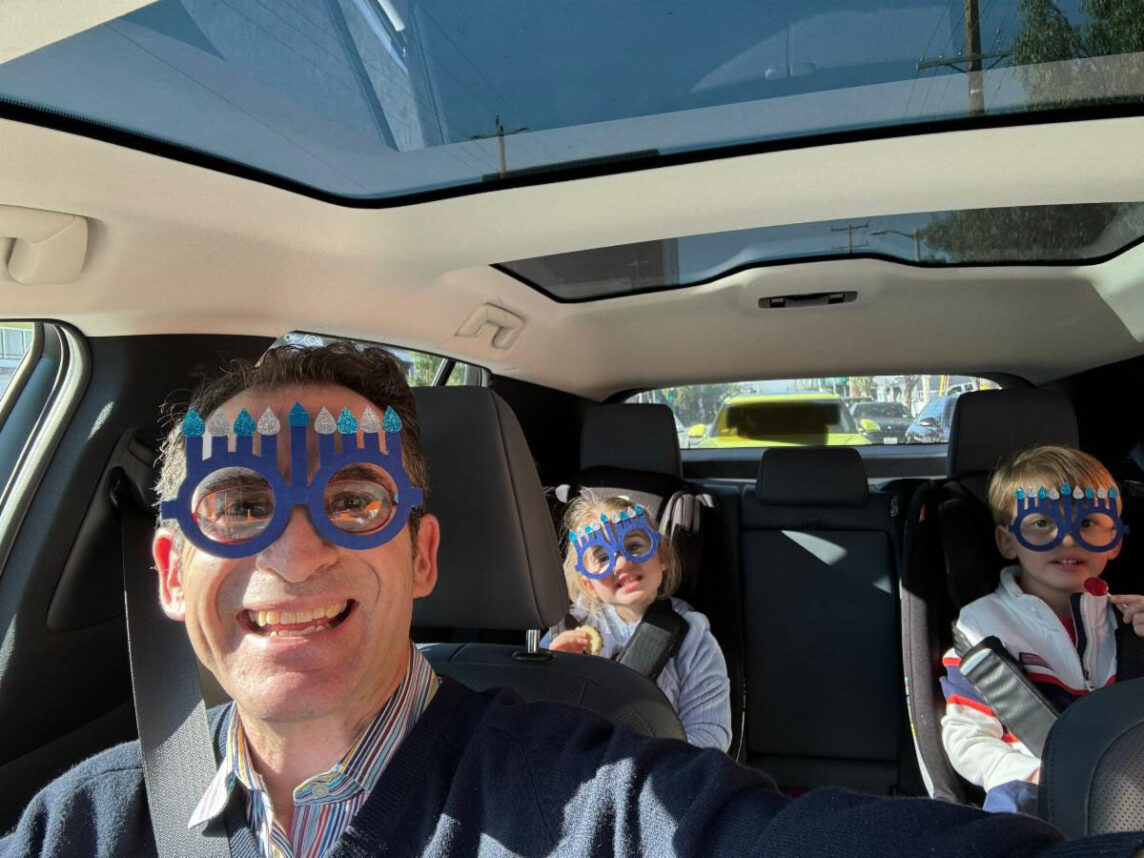





 More news and opinions than at a Shabbat dinner, right in your inbox.
More news and opinions than at a Shabbat dinner, right in your inbox.